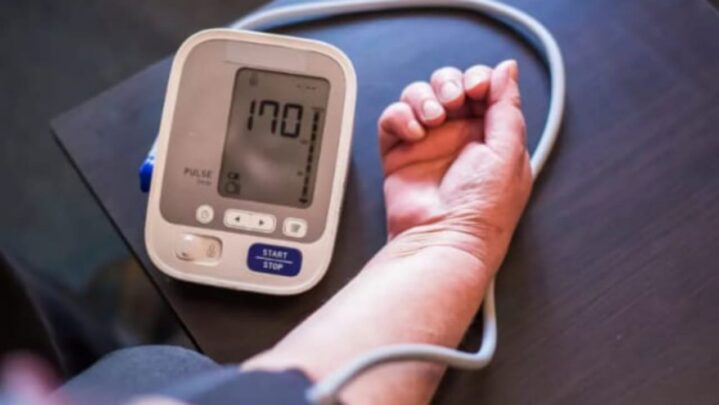Lose weight and keep an eye on your waistline
Blood pressure frequently rises when people acquire weight.
Being overweight might also make it difficult to breathe while sleeping, boosting your blood pressure even higher. Weight loss is one of the most helpful lifestyle changes for controlling blood pressure. Losing even a small amount of weight if you’re overweight or obese can help lower your blood pressure.
Exercise on a regular basis
Regular physical activity of 2 & a half hours per week, or roughly half-hour major days of the week, can help decrease blood pressure by 5 to 8 mm Hg if you have high blood pressure. Because discontinuing exercise can cause your blood pressure to rise again, it’s vital to maintain consistency.
Eat a balanced diet
If you have high blood pressure, a diet rich in whole grains, fruits, vegetables, and low-fat dairy products, as well as avoiding saturated fat and cholesterol, can help you lower your blood pressure by 11 mm Hg. This dietary method is known as DASH (Dietary Approaches to Stop Hypertension).
Eat a low-sodium diet.
Even a minor reduction of salt in your diet can improve your heart health and decrease your blood pressure by 5 to 6 mm Hg if you have high blood pressure. Depending on who you ask, the effect of sodium on blood pressure varies. Decrease your daily sodium consumption to no more than 2,300 milligrammes (mg).
Keep your alcohol consumption to a minimum.
Alcohol has both helpful and harmful effects on one’s health.
If you drink alcohol in moderation, one drink per day for women and two drinks per day for men, you can potentially drop your blood pressure by 4 mm Hg. One drink equals 12 ounces of beer, 5 ounces of wine, or 1.5 ounces of 80-proof liquor.
Also Read: How To Treat Diabetes? List Of Medicines





